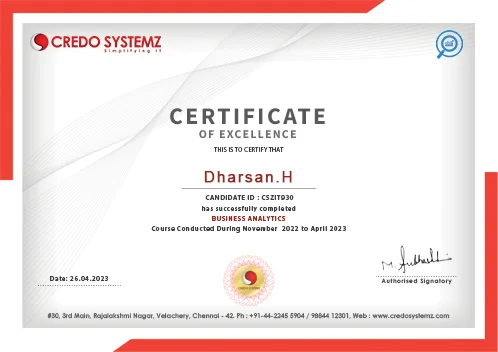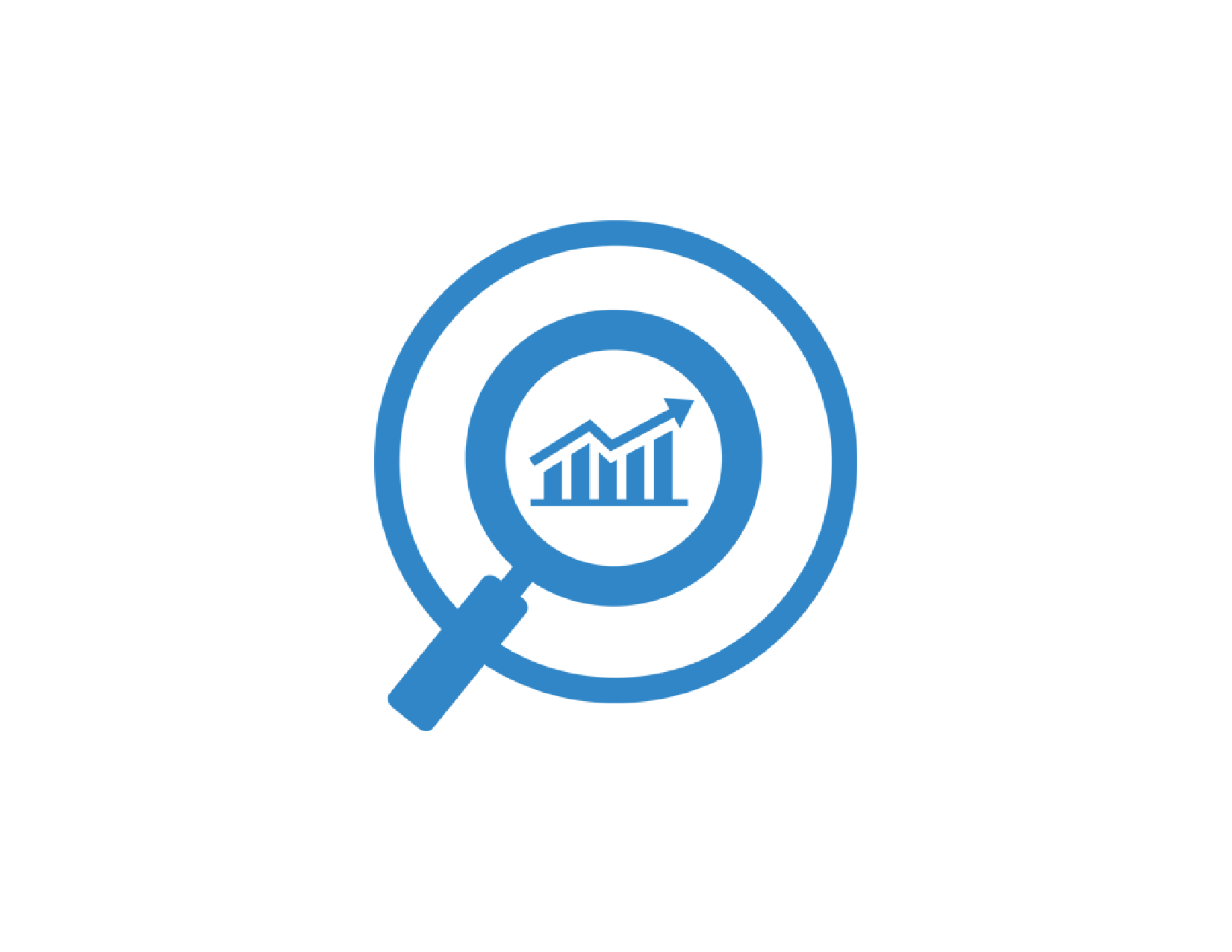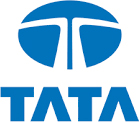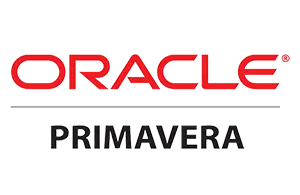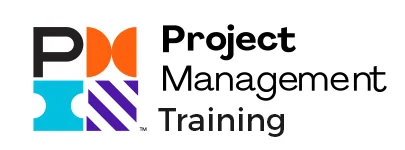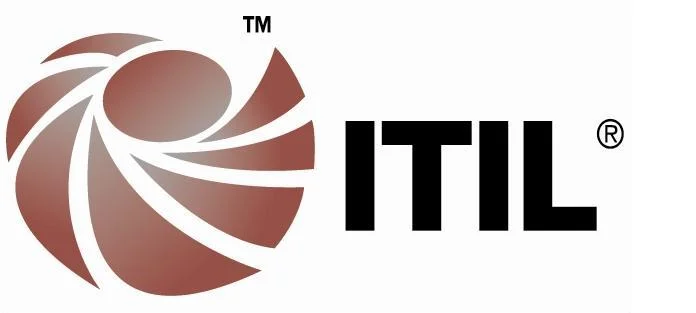-
Case Studies and Projects15+
-
Hours of Practical Training80+
-
Placement Assurance100%
-
Expert Support24/7
-
Support & AccessLifetime
-
CertificationYes
-
Skill LevelAll
-
LanguageEnglish / Tamil
Why Choose a Business Analytics course from Credo?
Our Business Analytics training in Chennai at Credo Systemz transforms our aspirants into Business Analytics experts with a successful career path. To expertise in Business Analytics, Enroll Now in Credo Systemz Business Analytics Training in Chennai. This Business Analytics Course in Chennai assists in acquiring the industrial skills of Business Analytics. Gain proficiency in the Business Analytics platform using Practicals.
Find out what our past customers have to say about credo and their experiences with us
Flexible Mode of Training and Payment
Hear it from our customer!!
Our Business Analytics Training Overview
Business Analytics training in Chennai at Credo Systemz assists to enhance the knowledge of Business Analytics with its skills. Each Business Analytics concept is explained using full hands-on practice to face the real-time challenges.
- Reduction in costs
- Improved Efficiency
- Better process in Decision making
- Increased Revenues
- Greater alignment with strategy
- Understand the importance of business analytics in emerging market conditions
- Analyze data using statistical methods
- Learn data visualization and interpretation.
- Learn decision-making tools / Operations Research techniques
- Use advanced analytical methods to analyze complex scenarios under uncertainty
- Manage business processes using statistical and analytical tools/techniques
- Implement analytics in TCE (Total Customer Experience/Customer Survey Analysis), general management, operations and supply chain management.
- Hands on experience with software such as R, Microsoft Excel & Minitab
- Bachelor’s/Diploma in any branch of Engineering or Technology from a recognized Institution
- Bachelor’s degree (with mathematics at least up to the PUC level or equivalent) from a recognized University or Institution
- Candidate shall possess a minimum of one year’s working experience in IT/ITeS, Industrial, Commercial or Scientific Organizations
Contact Us
+91-98844 12301 / +91-96001 12302
Training Benefits!!
Our Business Analytics training in Chennai is an exclusive advanced course to enhance the knowledge to become an Business Analytics expert. The Professional trainers assist in upskilling Business Analytics with high industrial standards. Join us to become a pro in Business Analytics using our Business Analytics Course in Chennai.
-
5-15%
5-15% Chances of immediate placements.
-
10-15%
10-15% increase in salary.
-
~30%
30% of job market is open.
Testimonials
-
I attended Credo Systemz Business Analytics training after completing demo classes. Each Business Analytics Session covers essential skills with practical training. The Trainer guides us to complete this Business Analytics course successfully. Thanks to my trainer.
Anu

-
Credo Systemz Business Analytics training is the instructor-led training course by professionals. This Business Analytics Course offers hands-on practices to learn Business Analytics effectively. It helps to acquire industrial experiences and skills development. Thanks to Credo Systemz.
Karthik

Join Us
CREDO SYSTEMZ provides the Best Buisness Analytics Training in Chennai to promote you into a skilled Buisness Analytics professional with 100% Free Placement Support.
Join NowBusiness Analytics Course FAQs
Business Analytics is the implementation that is applied to past data, efficient exploration of an Organisation’s data emphasis on statistical analysis and processes to derive insights that can be used for future business planning.
No hurries!! Credo Systemz allows you to select your preferred payment via Cash, Card, Cheque and UPI services.
To know about our exciting offers, concessions and group discount. Call us now: + 91 9884412301 / + 91 9600112302.
Feel free to enquire more. Mail us info@credosystemz.com or Call us now: + 91 9884412301 / + 91 9600112302.
Our Alumni Work in top MNC’S
Credo Systemz has placed thousands of students in various top multinational organiation, witnessing the progress of our alumni gives us immense gratification.
Join the success community to build your future
Enroll nowGet Industry Recognized Certification
Credo Systemz’s certificate is highly recognized by 1000+ Global companies around the world. Our Business Analytics certification showcases the in-built knowledge and professional skills of Business Analytics.
Benefits of Business Analytics Certification
- To demonstrate the Proficiency of Business Analytics with its skills.
- To add weightage to your Professional resume and be accepted globally.
- To enhance your credibility in using Business Analytics effectively.
